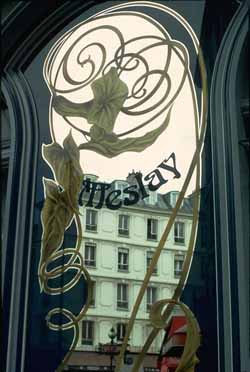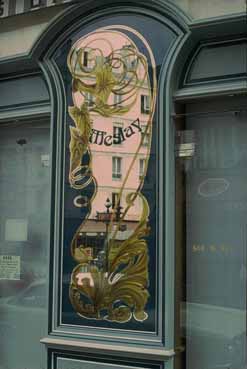
A freemason, neither believer nor churchgoer that I know, told me:
"Every morning, I thank fate that I am alive, I give thanks for the new day
that is given me."
It is the common prayer of believer and unbeliever; for prayer is just that
- giving thanks. Obviously it is easier to address someone, but not
indispensable. Prayer is first of all a confiding
contemplation, a grateful meditation on the natural order of which
we are a part.
Sigmund Freud worried about the fragile delicacy of the psychic machine; one
can also marvel at it: it works! One may lose patience with the misfiring of the universal machine, but it runs.
Is it not fair - I was tempted to say loyal - to
express this joyous amazement? We curse fate when it is against
us, why not thank it when it is favourable? Is it not just that we let our
friends in on our joy? We owe them that much, since we share with them our
ill humours and our sorrows.
Besides, by recognizing our good fortune, we enjoy it the more. Like
those who pinch themselves to make sure thay are not dreaming: yes, it's
really happening to me.
This happy disposition needs to be strengthened. We must say again and again
thank you to the companion who has chosen us, to our friends
for being just that, to our children for being born to us, even to the
switchboard operator who blesses us with a "Have a nice day!"
We must make the most of each passing moment. A Zen master once
said: "When I eat, I eat." Another master, whose followers were complaining
about their meditation being disturbed by noise in the vicinity, replied:
"On the contrary, it's because you don't know how to meditate that you hear the noise."

